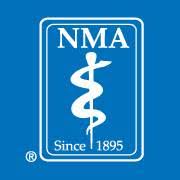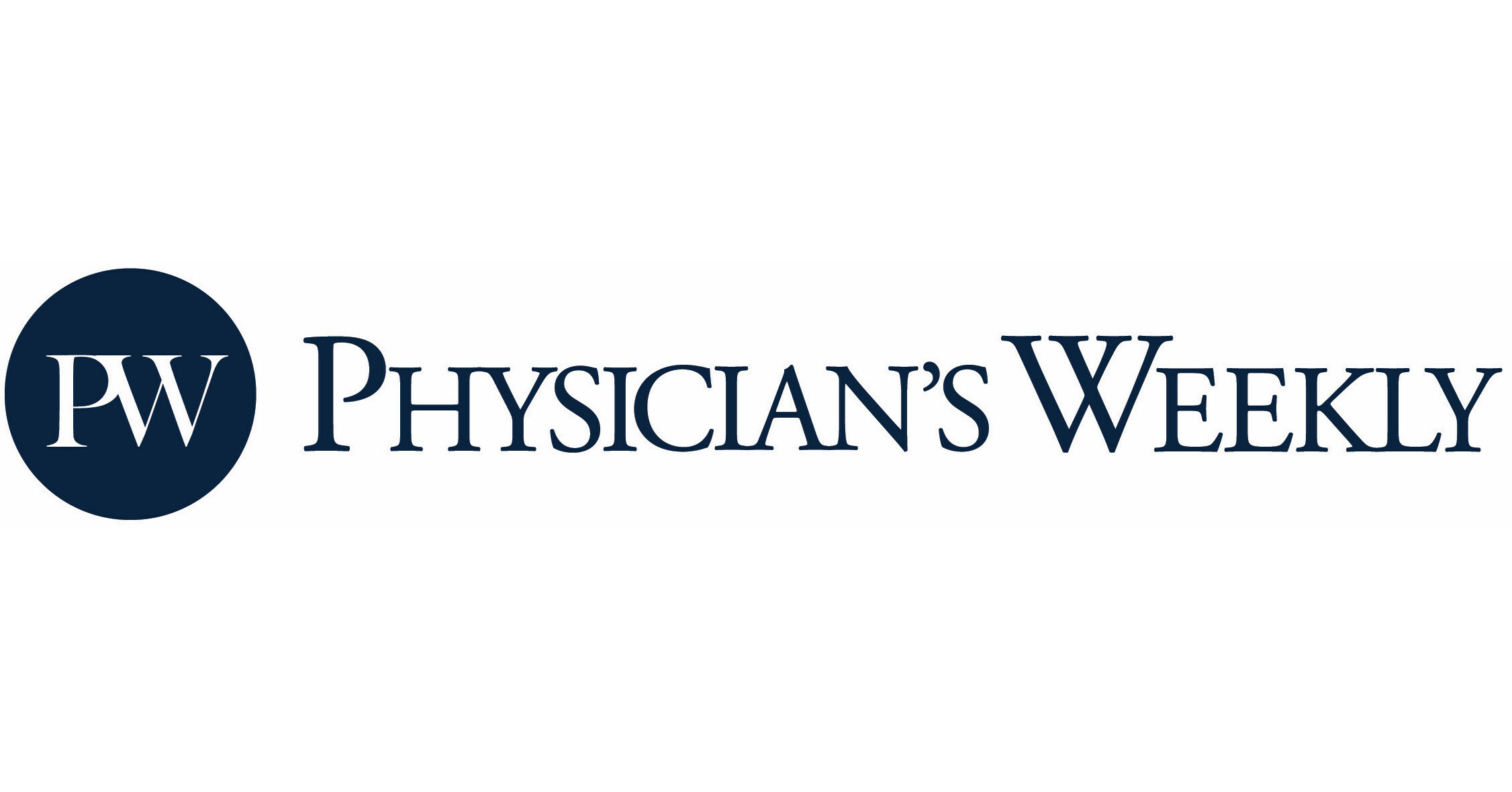
Editor's Note Cesarean delivery remains the most common major surgery in the US, but new evidence highlights its impact on recovery, pain, and sleep health for mothers. In an American Medical Association (AMA) interview published by HCA Healthcare Today on October 10 and new research presented at the ANESTHESIOLOGY® 2025…

Editor's Note Medical and scientific groups across the US and abroad swiftly pushed back against President Donald Trump’s September 22 announcement that acetaminophen use in pregnancy may cause autism, with experts warning the claims are unsupported and potentially harmful. Trump, joined by HHS Secretary Robert F Kennedy Jr, also suggested…

Editor's Note The One Big Beautiful Bill Act (OBBBA) is set to reshape rural healthcare in ways that could destabilize already fragile systems. According to a September 3 JAMA Network article, the law is set to reduce federal Medicaid spending by more than $900 billion over 10 years, cuts that…

Editor's Note Roughly one in every 60 cesarean deliveries results in a severe surgical complication, according to new research from University of California San Francisco (UCSF) published in Obstetrics and Gynecology, MedicalXpress August 25 reports. With about 1.1 million cesareans performed each year in the US, this translates to an…

Editor's Note Segmental spinal anesthesia (SSA) has emerged as a safe and effective anesthetic technique for high-risk obstetric patients, particularly those with underlying cardiovascular disease (CVD). A recent case series published on April 29 by Medical Dialogues highlights the successful use of SSA in five parturients undergoing cesarean sections, emphasizing…

Editor's Note Pregnancy-related deaths in the US rose sharply from 2018 to 2022, with rates 3.8 times higher among American Indian and Alaska Native women and 2.8 times higher among non-Hispanic Black women than among White women, according to a new study published April 9 in JAMA Network Open. Researchers…

Editor's Note Surgeons recently performed open-heart surgery on an infant during a C-section to correct a congenital heart defect, according to a February 25 brief from the American College of Surgeons. Led by Dr. Sameh Said at Maria Fareri Children's Hospital, a team of specialists conducted the procedure on a…

Editor's Note Insufficient awareness of drug interactions with hormonal contraceptives (HCs) among anesthesia providers could lead to unintended pregnancies and preventable health consequences, according to survey published in Anesthesia & Analgesia. Physician’s Weekly covered the news February 27. The article specifically cites sugammedex and aprepitant, both of which are widely…

Editor’s Note Pregnancy complications—including life-threatening sepsis—surged in Texas after the state banned abortion in 2021, according to a ProPublica analysis of seven years’ worth of state hospital data. In a February 20 report, the outlet details how sepsis rates for women hospitalized after second-trimester pregnancy loss rose by more than…

Editor's Note A recent survey from Orlando Health highlights limited awareness of the link between bariatric surgery and improved fertility, with only half of respondents acknowledging its benefits. According to January 16 coverage in Contemporary OB/GYN, the findings underscore a broader knowledge gap among the US population regarding the role…